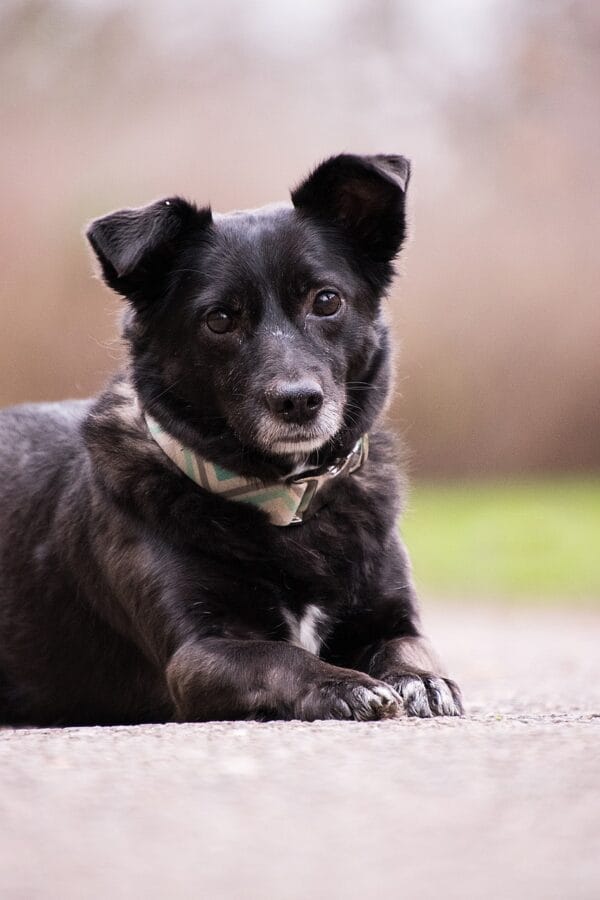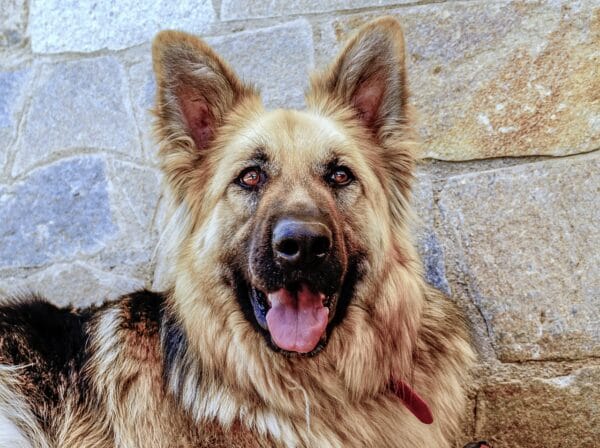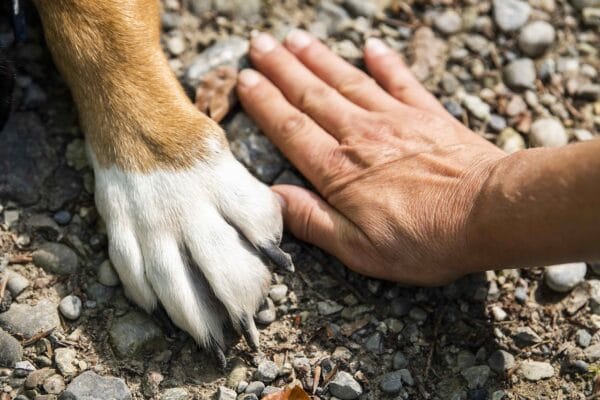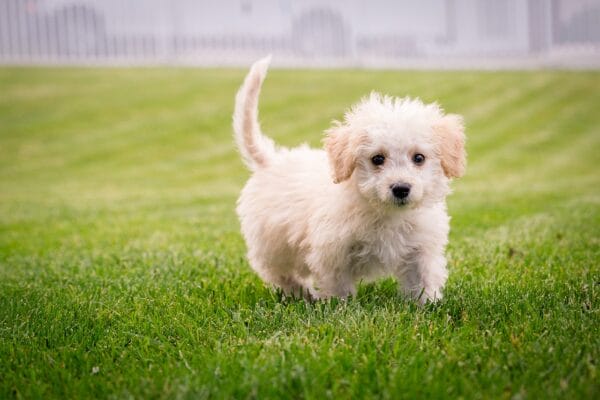Soft Recovery Collar for Dogs

One of the most crucial parts of your dog’s recuperation after surgery or an injury is making sure they don’t impede their own healing. To keep your dog from licking or chewing wounds, stitches, or injuries that could cause them to take longer to heal, you need to get them a soft recovery collar. This post will go over the advantages of soft recovery collars, how to pick the best one for your dog, and why they’re a better alternative to conventional Elizabethan collars.
Canine Soft Recovery Collar: What Is It?
A protective tool called a soft recovery collar for dogs keeps pets from biting, licking, or scratching their wounds or surgical sites. A soft recovery collar, as opposed to the conventional hard plastic cones (commonly called the “cone of shame”), is composed of more comfortable materials like cloth, foam, or inflatable materials. Because of their softness and flexibility, these collars are easier for your dog to wear while yet providing the protection they need to stop infections or injuries from getting worse.
These collars are usually worn when dogs are healing from wounds or hot places, or following surgery like spaying, neutering, or dental work. They function by enclosing the dog’s neck in a physical barrier that keeps them from getting to sensitive spots.
Why Pick a Dog Soft Recovery Collar?

For a number of reasons, pet owners are starting to favor the soft recovery collar for dogs. Soft recovery collars are far more comfortable for dogs to wear than typical plastic cones, which can be annoying and painful. The following are some of the main advantages of getting your dog a soft recovery collar:
1. Cozy and Adaptable Style
Comfort is the main advantage of a soft recovery collar for dogs. Conventional hard collars are heavy and uncomfortable, especially for dogs who are trying to sleep or move around. Conversely, soft recovery collars are composed of pliable fabrics that let your dog move around freely without being constrained by a stiff design. Additionally, this flexibility makes it easier for your dog to sleep or lie down, which lessens the tension and annoyance that frequently accompany the healing process.
2. Decreased Nervousness
Because they restrict movement, classic hard cones can make pets feel agitated or nervous. Dogs may have trouble eating or drinking, or they may have trouble getting through doors. By allowing greater mobility, a soft recovery collar for dogs can lessen this anxiety. Because of its softness, your dog won’t feel as like they’re wearing a big, unwieldy gadget while they walk around.
3. Increased Security and Defense
A soft recovery collar for dogs offers an efficient barrier, even though conventional collars might not always be able to prevent your dog from getting to the damaged area. Your dog won’t be able to lick, bite, or scratch surgical incisions, sutures, or traumas because it covers the neck and head region. This guarantees that unintentional self harm won’t impede the healing process.
4. Portable and Lightweight
The lightweight design of a soft recovery collar for dogs is another important benefit. Soft collars are significantly simpler to handle than standard hard plastic collars, which can be hefty and unwieldy. They are a practical choice for pet owners because they are lightweight and simple to fold up for storage. Additionally, because of their portability, you may travel with your dog and never worry about their safety.
5. Dogs Can Eat and Drink More Easily
Traditional collars are frequently criticized by pet owners for making it impossible for their dogs to eat, drink, or even play. These vital actions are not hampered by a soft recovery collar for dogs because it is less restrictive. For your dog to keep adequate nutrients during the healing period, they must be able to eat and drink without discomfort.
Kinds of Dog Soft Recovery Collars

The needs and comfort level of your pet will determine which of the various soft recovery collars for dogs is best for them. Let’s investigate the various kinds of soft recovery collars that are on the market:
1. Soft recovery collars that are inflatable
The materials used to make inflatable soft recovery collars are packed with air, giving your dog’s neck a cushiony feel. Many pet owners choose these collars because they are lightweight and incredibly comfortable. Usually adjustable, inflatable collars can be inflated to the ideal level for the size and shape of your dog.
2. Soft Recovery Collars Made of Fabric
The soft, cushioned materials used to make fabric soft recovery collars wrap around your dog’s neck. Most dogs can use them because they are easy to adjust and comfy. Additionally, fabric collars can be machine washed, keeping them sanitary and clean during your dog’s recuperation.
3. Soft Recovery Foam Collars
Another well liked choice is soft healing collars made of foam. Usually composed of high-density foam, these collars offer sufficient protection without sacrificing softness or flexibility. Dogs with sensitive skin or those who might become irritated by other collar materials frequently like foam collars.
4. Soft Recovery Collars Made to Order
Some pet owners choose to have soft recovery collars for dogs manufactured to order for pets with particular needs. These collars offer the best protection and may be customized to match your dog’s body. If your dog has a distinctive shape or has had an unusual surgery or accident, a personalized collar may be extremely helpful.
How to Pick Your Dog’s Ideal Soft Recovery Collar
A number of variables, such as your dog’s size, behavior, and the type of recovery process, will influence your choice of soft recovery collar for dogs. The following advice will assist you in making the best decision:
1. Size Is Important
Choosing a collar that fits your dog properly is essential. While a collar that is too loose could not offer enough protection, one that is too tight can be uncomfortable and limit your dog’s range of motion. To make sure you get the right size, measure the circumference of your dog’s neck.
2. Preferences for Materials
Take into account your dog’s degree of comfort and any material sensitivity they could have. While some dogs might feel more at ease wearing an inflatable or foam collar, others could prefer soft fabric collars. Make sure the material you select fits your dog’s tastes and skin type.
3. Protective Level
You might want a collar with a higher level of protection if your dog has a tendency to bite or lick their wounds more frequently. A foam or inflatable collar might work best in these situations. A soft fabric collar, however, can be adequate if your dog is normally calm and doesn’t attempt to lick their stitches.
4. Simplicity of Use and Upkeep
Make sure the soft recovery collar for dogs you choose is simple to clean, adjust, and put on. Maintaining sanitation and cleanliness during the healing process is made easier by the fact that many collars can be machine washed.
How to Assist Your Dog in Getting Used to a Soft Collar
When wearing a soft recovery collar for dogs for the first time, it’s common for dogs to experience anxiety. The following advice will help your dog adapt:
Slowly introduce the collar:
Before putting it on, let your dog sniff and examine it. At initially,
you can even let them wear it for little amounts of time; as they adjust, you can progressively extend the time.
Use positive reinforcement:
To help your dog accept the collar, give them praise and goodies when they wear it.
Assure comfort:
Verify that the collar fits correctly and isn’t uncomfortable. A collar that fits properly will make your dog feel more comfortable and won’t aggravate them.
Conclusion:
After surgery, a soft recovery collar is an essential piece of equipment for dogs.
A soft recovery collar for dogs provides the ideal balance of protection, comfort, and usability. It gives your dog the comfort they require while they recuperate and makes sure they are shielded from biting or licking at their wound. Any dog recuperating from surgery or an injury needs this soft substitute for the conventional plastic cones, whether you go with an inflatable, fabric, or foam collar. You can contribute to your pet’s more pleasant and seamless recuperation by choosing the ideal soft recovery collar for them.
Top 5 Kong personalized Dog Collar: Your Best Option for Your Pet
Comfy Cone Soft Pet Recovery Collar



